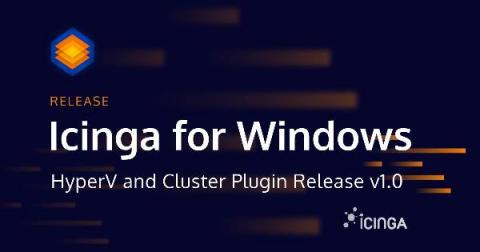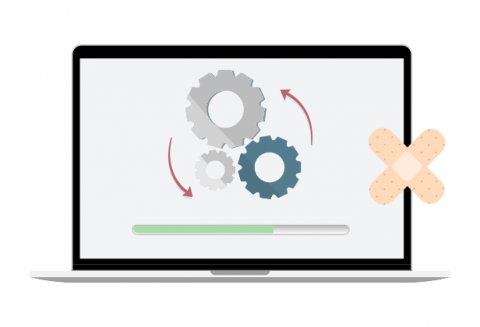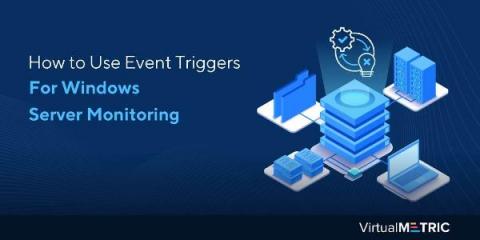Supporting long file paths on Windows
Windows has been a huge focus for Puppet since the beginning, and never more so than with our recent news that the whole suite of DSC Resources are now accessible through the Forge, all fully supported by Puppet. Puppet and Windows have always gone hand in hand, but it hasn’t always been plain sailing.








